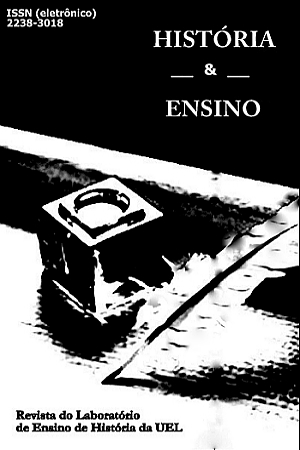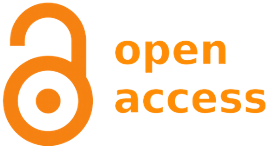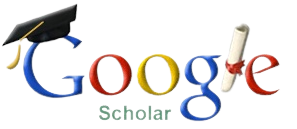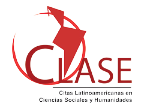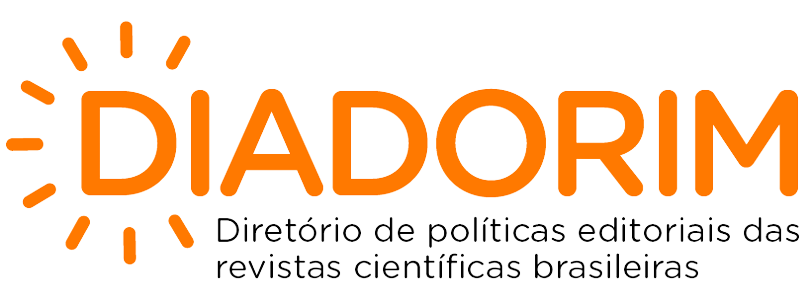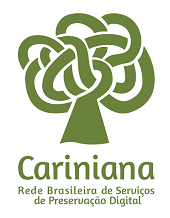Perceptions on teaching and learning in history: an analysis of temporality and the teaching book
DOI:
https://doi.org/10.5433/2238-3018.2019v25n1p183Keywords:
Didactic book, Temporality, Historical education, Teaching and learning.Abstract
From the studies of Jörn Rüsen (2010), Michael Oakeshott (2003) and Eric Hobsbawm (1995) sought to understand the relevance of time in History class, as well as relate it to the practical life of each one. We have as a presupposition that the understanding of the past is closely related to the apprehension of time, thus constituting a status of history. It also discusses the ideal of the didactic book of history proposed by Jörn Rüsen (2011), who thinks this tool as an instrument that has the function of potentializing the skills of historical perception, interpretation and orientation. In this sense, we propose a discussion about the conception presented by History teachers and students of Basic Education who make use of the didactic book in their daily life in the classroom. Our objective is to compose a scenario based on the visions of teachers and students, which allows us to respond to the problem proposed by Rüsen in his didactic concept. We hypothesize that the textbook has a great presence in the classroom, so understanding its role in front of the educational process becomes fundamental. Therefore, our expectation is to indicate whether, in the view of teachers and students, the textbook tool corresponds to the purposes of the discipline, selection and progression of contents, teaching and learning, as well as facilitates the understanding of temporality.Metrics
References
CAINELLI, Marlene. Educação histórica: perspectivas de aprendizagem da história no ensino fundamental. Educar em Revista, Curitiba, n. esp., p. 57- 72, 2006. Disponível em: https://moodle.ufsc.br/pluginfile.php/571591/mod_resource/content/1/artig o%20Marlene.pdf. Acesso em: 25 mar. 2019.
CAINELLI, Marlene; SCHMIDT, Maria Auxiliadora. Desafios teóricos e epistemológicos na pesquisa em educação histórica. Revista Antíteses, Londrina, v. 5, n. 10, p. 509-518, jul./dez. 2012. Disponível em: http://www.uel.br/revistas/uel/index.php/antiteses/article/view/14501. Acesso em: 15 jul. 2018.
CAINELLI, Marlene; SCHMIDT, Maria Auxiliadora. Percursos das pesquisas em educação histórica: Brasil e Portugal. In: CAINELLI, Marlene; SCHMIDT, Maria Auxiliadora (org.). Educação histórica: teoria e pesquisa. Ijui: Unijui, 2011.
CERRI, Luis Fernando. Ensino de história e consciência histórica: implicações didáticas de uma discussão contemporânea. São Paulo: FGV Editora, 2011.
CORRÊA, R. L. T. O livro escolar como fonte de pesquisa em História da Educação. Cadernos Cedes, Campinas, ano 20, n. 52, nov. 2000. Disponível em: http://www.scielo.br/pdf/ccedes/v20n52/a02v2052.pdf. Acesso em: 25 mar. 2019.
HELLER, Agnes. O cotidiano e a história. Tradução de Carlos Nelson Coutinho e Leandro Konder. São Paulo: Paz e Terra, 2004. HOBSBAWM, Eric J. Era dos extremos: o breve século XX: 1924-1991. Tradução de Marcos Santarrita. São Paulo: Companhia das Letras, 1995.
MÉSZÁROS, István. Estrutura social e formas de consciência, volume II: a dialética da estrutura e da história. Tradução de Rogério Bettoni. São Paulo: Boitempo, 2011.
MUNAKATA, Kazumi. Livro didático como indício da cultura escolar. Revista História da Educação, Porto Alegre, v. 20, n. 50, p. 119-138, set./dez. 2016. Disponível em: http://www.scielo.br/pdf/heduc/v20n50/2236-3459- heduc-20-50-00119.pdf. Acesso em: 25 mar. 2019.
MUNAKATA, Kazumi. O livro didático como mercadoria. Revista Proposições, Campinas, v. 23, n. 3, p. 51-66, set./dez. 2012. Disponível em: http://www.scielo.br/pdf/pp/v23n3/04.pdf. Acesso em: 25 mar. 2019.
OAKESHOTT, Michael. Sobre a história e outros ensaios. Tradução de Renato Rezende. Rio de Janeiro: Topbooks, 2003.
RÜSEN, Jörn. O livro didático ideal. In: SCHMIDT, Maria Auxiliadora; BARCA, Isabel; MARTINS, Estevão Rezende (org.). Jörn Rüsen e o ensino de história. Curitiba: Ed. UFPR, 2011.
RÜSEN, Jörn. Razão histórica: teoria da história: fundamentos da ciência histórica. Tradução de Estevão de Rezende Martins. Brasília: Editora Universidade de Brasília, 2010a.
RÜSEN, Jörn. Reconstrução do passado: teoria da história II: os princípios da pesquisa histórica. Tradução de Estevão de Rezende Martins. Brasília: Editora Universidade de Brasília, 2010b.
SCHENA, Denilson Roberto. O livro didático nossa pátria, expressão de prática cultural e lições educativas de ideário nacionalista (1917-1949). In: CONGRESSO NACIONAL DE EDUCAÇÃO, 12., 2015, Curitiba. Anais [...]. Curitiba: PUC, 2015. Disponível em: http://educere.bruc.com.br/arquivo/pdf2017/25391_12927.pdf. Acesso em: 25 mar. 2019.
SCHIMIDT, Maria Auxiliadora; CAINELLI, Marlene. Ensinar história. São Paulo: Scipione, 2004.
Downloads
Published
How to Cite
Issue
Section
License
A revista se reserva os direitos autorais sobre as contribuições publicadas, sem retribuição material para o autor, podendo disponibilizá-las on-line no modo Open Access, mediante sistema próprio ou de outros bancos de dados; também poderá efetuar, nos originais, alterações de ordem normativa, ortográfica e gramatical, com o intuito de manter o padrão culto da língua. As opiniões emitidas pelos autores são de sua exclusiva responsabilidade.
